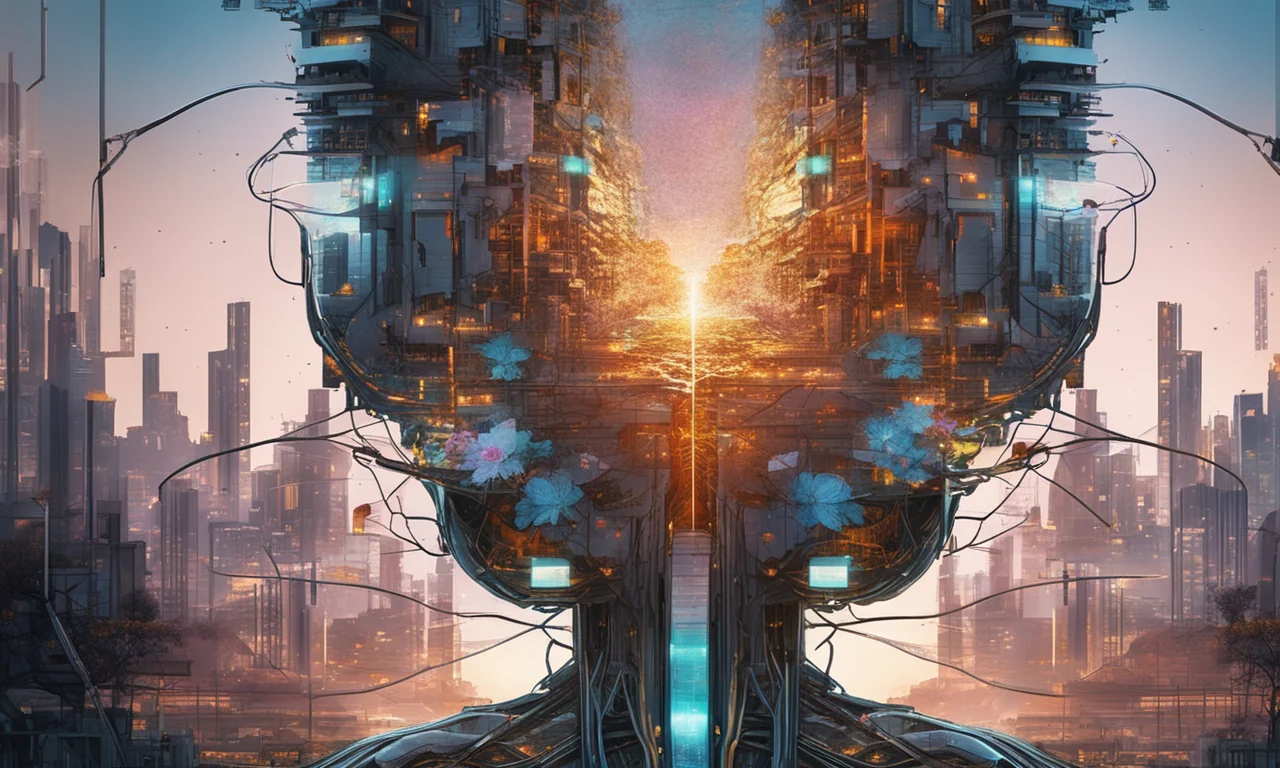
AI Bubble Fears Intensify as $40 Trillion Risk Emerges
The rapid expansion of artificial intelligence prompts urgent debates on ethics, regulation, and digital literacy.
Today's Bluesky discussions on artificial intelligence illuminate the ongoing tension between hype and reality, ethical adaptation, and the urgent need for digital literacy. The day's most engaging posts highlight how AI is rapidly reshaping industries—from finance to education and entertainment—while prompting deeper reflection on its social and economic consequences.
AI Hype Meets Real-World Challenges
The specter of an impending AI bubble, with warnings about a possible $40 trillion wipeout, dominated much of the conversation. Parallels to the dot-com era were drawn, with concerns about unsustainable financing and a high failure rate for pilot projects. This financial uncertainty is echoed in healthcare, where skepticism about AI's transformative promises persists; one contributor shared that the narrative is often “rainbows-&-sunshine” and rarely admits the real difficulties, as explored in the challenges of implementing AI in clinics.
"There are very few moments when I feel like I'm getting an honest description of AI in health care. Usually, people try to sell me the rainbows-&-sunshine version... Rarely will anyone admit that it's actually raining"- @moorejh.bsky.social (6 points)
Meanwhile, Bluesky's own leadership underscored the enduring value of critical thinking. CEO Jay Graber's assertion that AI should not replace human reasoning resonated strongly, with users cautioning against outsourcing our minds to algorithms. This skepticism is mirrored in the practical setbacks seen in South Korea, where a nationwide rollout of AI textbooks failed to meet expectations due to technical and trust issues.
"You shouldn't outsource ANY of your thinking to AI. You shouldn't use AI period!"- @jacqueblue.bsky.social (2 points)
Ethics, Regulation, and Education in the Age of AI
Ethical adaptation and regulatory responses featured prominently in today's posts. California's landmark decision to ban the replacement of actors with AI replicas sets a precedent for safeguarding creative labor and digital identity. This legal milestone coincides with ongoing efforts to define and foster AI literacy, as policymakers grapple with the complexity of preparing society for responsible participation in an AI-driven world.
"AI literacy encompasses technical knowledge, social understanding, and ethical considerations—going beyond simply knowing how to use AI tools."- @the-14.com (4 points)
Education remains a focal point, with European nations collaborating on the FutureProof Education project to develop ethical AI integration strategies, while Microsoft's new AI-powered tools promise greater efficiency in schools. Yet, as South Korea's experience shows, technological ambition must be matched by robust testing and public trust. The conversations also celebrated the creative potential of AI, with visually striking digital art envisioning futuristic cities and further explorations in urban worldbuilding, suggesting a future where innovation and ethical stewardship must go hand in hand.
Every subreddit has human stories worth sharing. - Jamie Sullivan